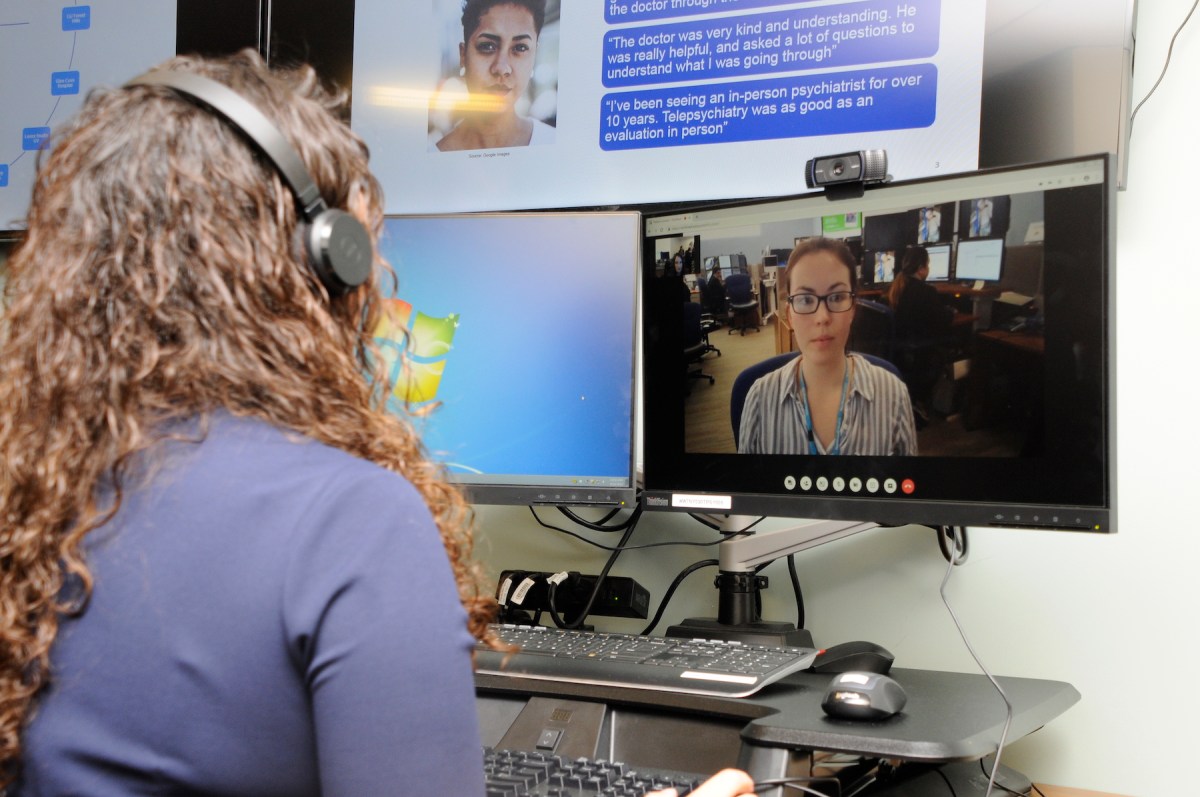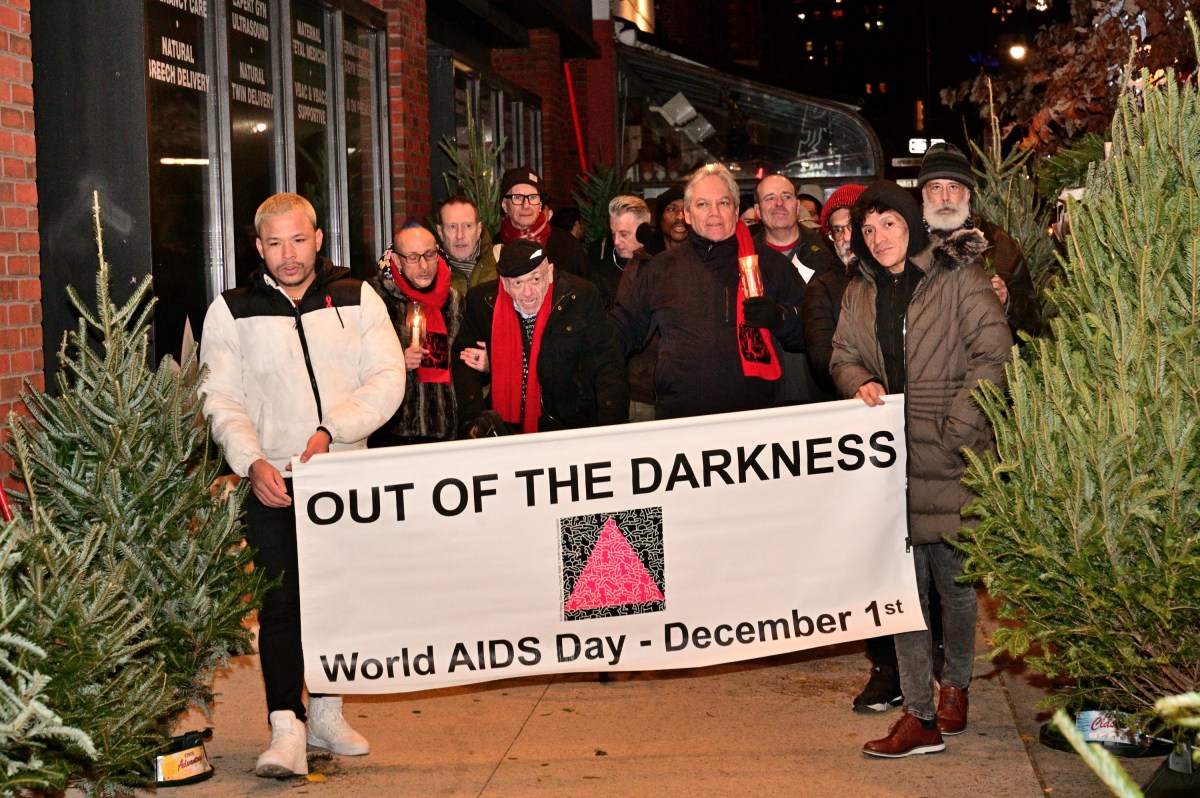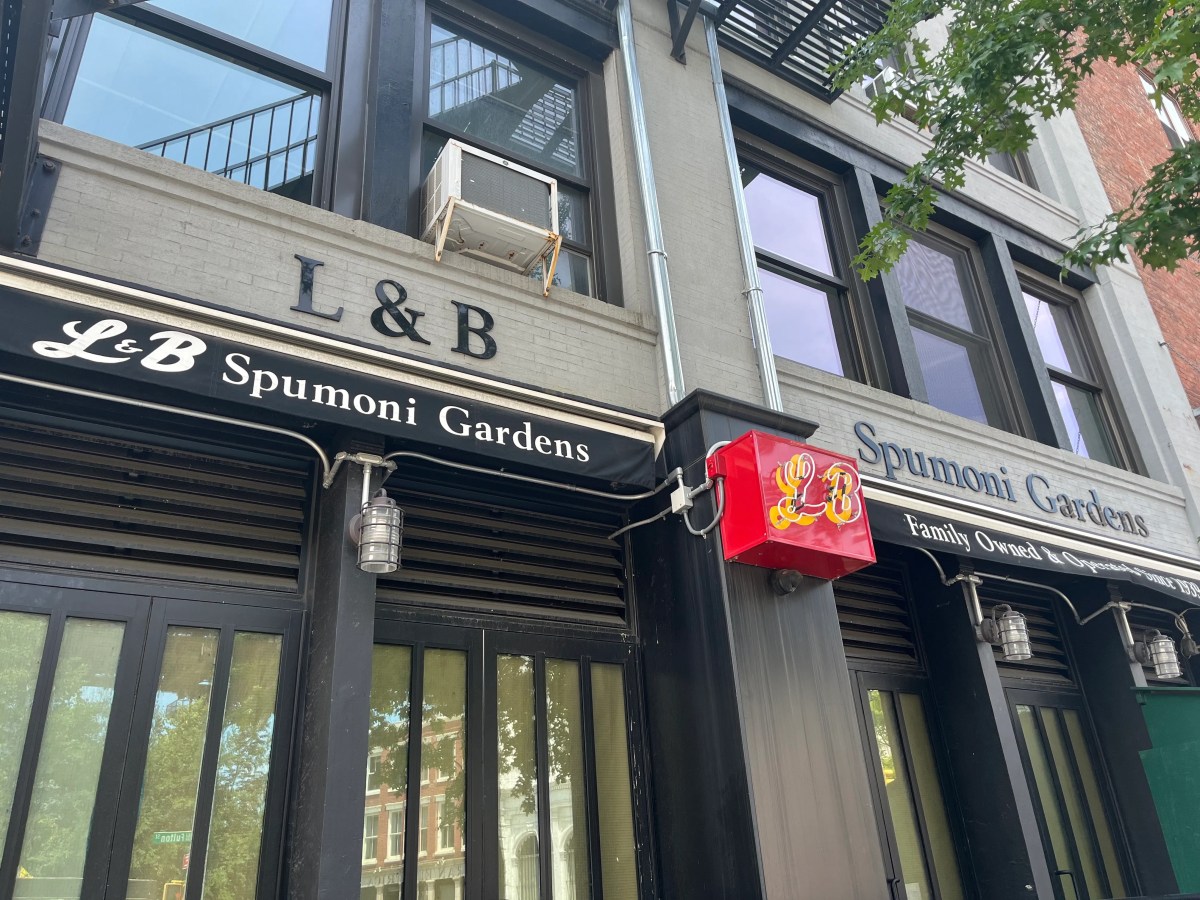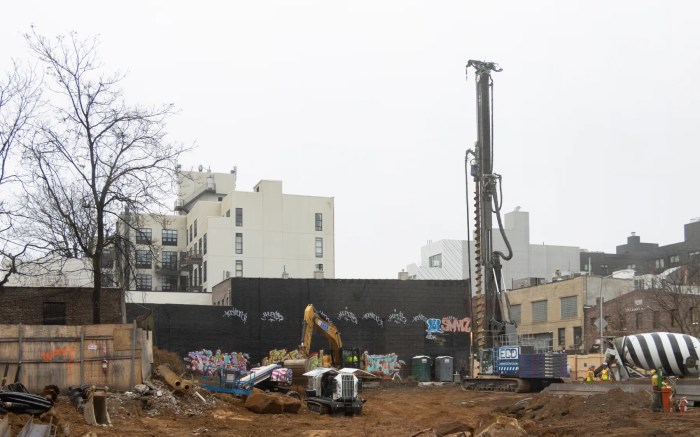BY GABE HERMAN | Mental-health “screening” is taking on new meaning at Northwell’s Downtown stand-alone emergency department.
Northwell Health opened its new Emergency Telepsychiatry Hub on April 11 at Lenox Health Greenwich Village, at Seventh Ave. between W. 12th and 13th Sts.
The telepsychiatry center is 770 square feet and includes nine video-equipped workstations. It will be used by a 35-person multidisciplinary team, including psychiatrists, behavioral-health clinicians and social workers.
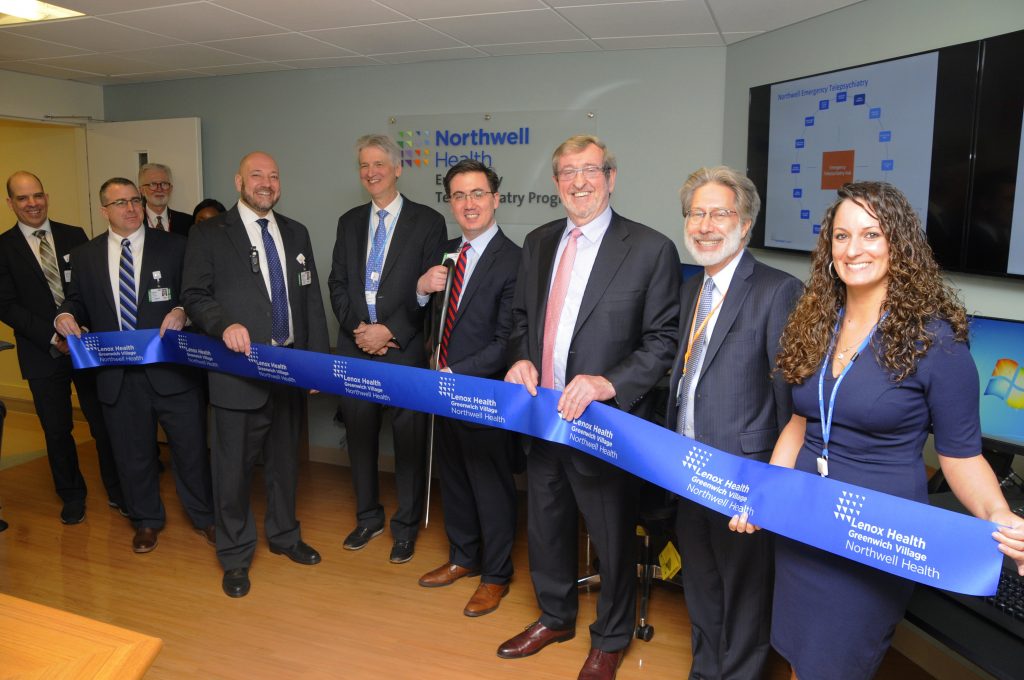
The center will provide consultations remotely through video chat any time of day. Treatment will be provided for mental-health patients who visit Northwell Health’s emergency departments throughout the city, as well as Westchester County and Long Island.
The hub will connect to a total of 16 Northwell emergency departments, with Mather Hospital in Port Jefferson, Long Island, to be added later this year. Long Island Jewish Hospital in Queens will not be part of the program since it has its own on-site, around-the-clock psychiatry coverage.
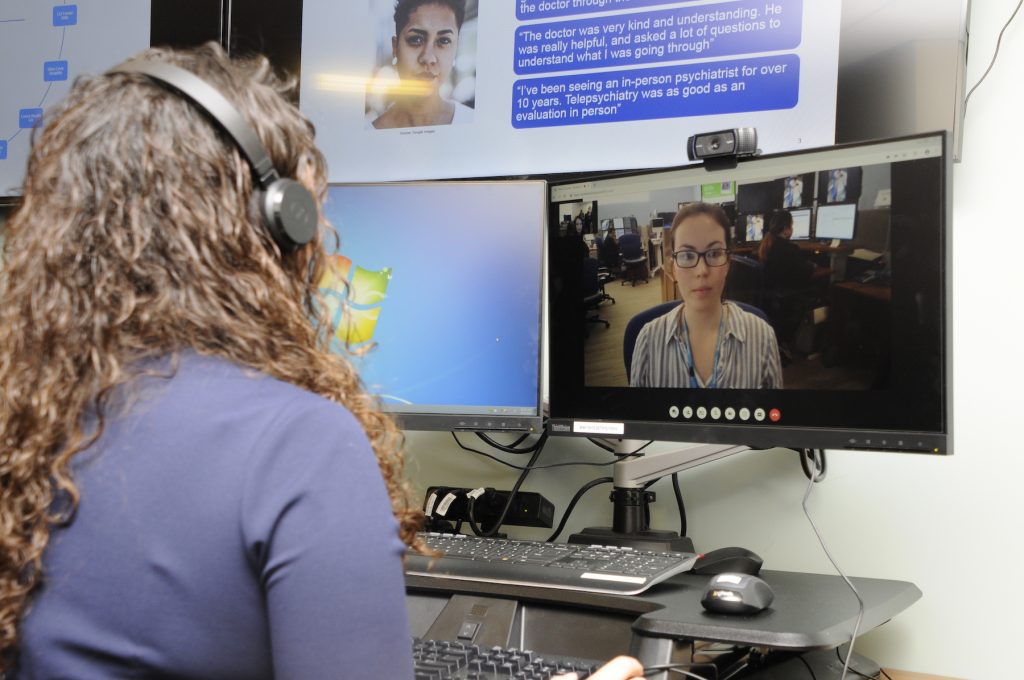
Northwell has been running emergency telepsychiatry services for the past several years, performing roughly 11,000 emergency remote consultations, including 3,800 last year alone. The service treats patients of all ages, from young children to the elderly.
Along with consultations, the service can also provide transfer and admitting services. This allows for faster access to inpatient psychiatric beds and reduces the number of patients being held in emergency departments. About 40 percent of patients end up needing admission to a psychiatric unit.
With the telepsychiatry program, patients visiting emergency departments to see a psychiatrist have an average wait time of 45 minutes, which is a 90 percent decrease in wait time, according to Northwell.
“The longer patients spend in the emergency department before seeing a psychiatric specialist, often the worse their symptoms can become,” said Dr. Jonathan Merson, Northwell Health’s medical director of telepsychiatry services.
“We truly believe that patients experiencing a behavioral-health crisis should receive the same level of care regardless of their location, whether it’s an urban setting or a rural setting,” Merson said. “Everybody’s entitled to the same level of care when they’re experiencing a behavioral-health crisis.”



